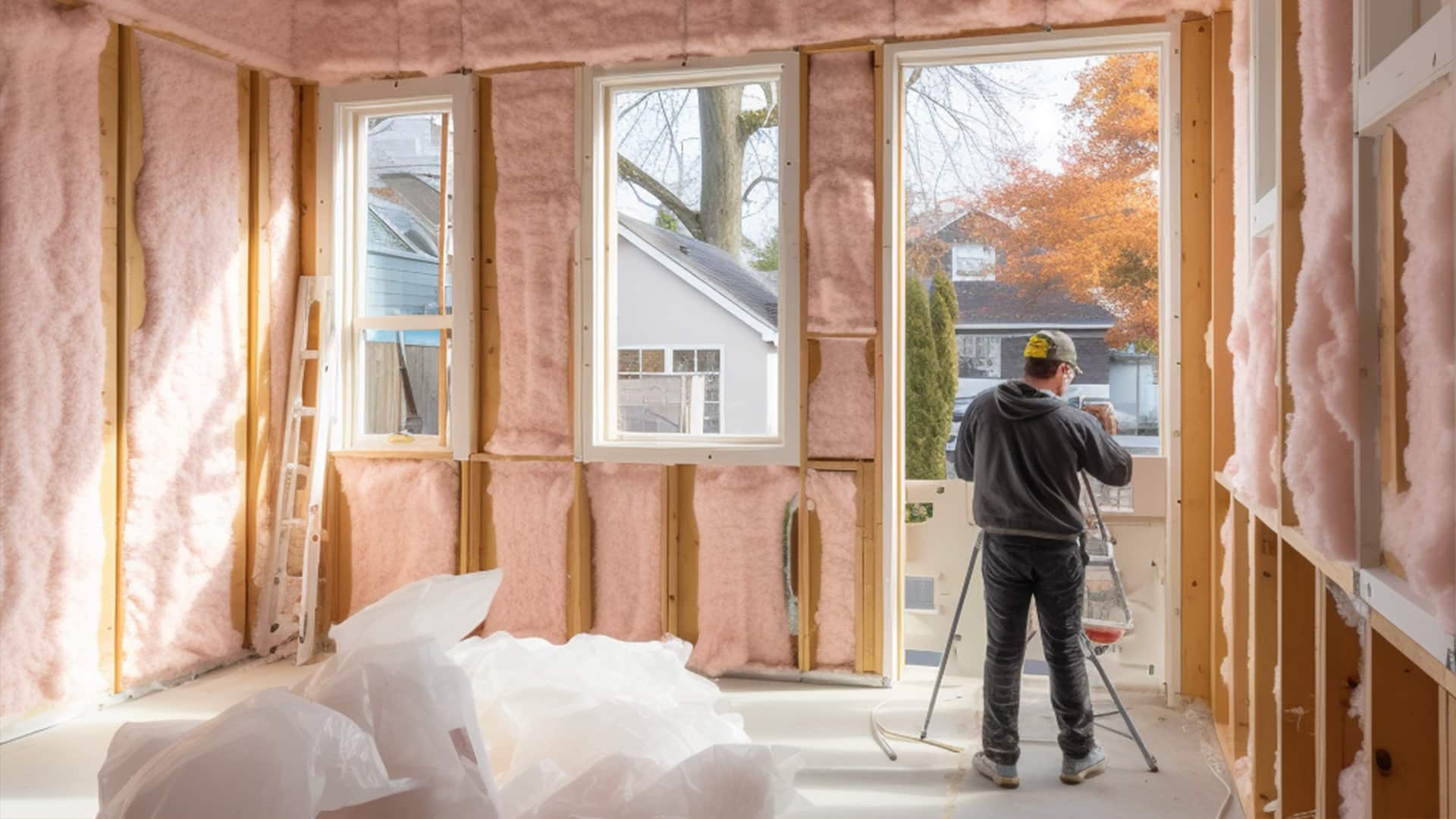Pulse of Information
Your source for the latest insights and updates.
The Sneaky Science Behind Home Insulation
Uncover the secret science of home insulation and discover how it can save you money while keeping your home comfortable year-round!
Understanding R-Value: The Key to Effective Home Insulation
R-Value is a crucial measure in the realm of home insulation, representing the material's resistance to heat flow. The higher the R-Value, the better the insulation's effectiveness. This is essential for maintaining comfortable indoor temperatures, reducing energy costs, and improving overall energy efficiency. Understanding the R-Value of different insulation materials can help homeowners make informed decisions when selecting insulation for their homes. For example, fiberglass insulation typically has an R-Value of around 2.9 to 4.3 per inch, while spray foam insulation can achieve an R-Value of 5.0 to 6.5 per inch, making it a superior choice in many applications.
When evaluating R-Value, it’s important to consider factors such as climate, the specific application, and the type of insulation material. The effectiveness of insulation is not solely determined by its R-Value; factors such as air sealing, moisture control, and installation quality also play significant roles. Homeowners should conduct a thorough assessment of their individual needs, potentially consulting with insulation professionals to ensure optimal performance. By prioritizing a high R-Value, you can significantly enhance your home's energy efficiency, leading to lower utility bills and a more comfortable living environment year-round.

How Does Home Insulation Impact Your Energy Bills?
Home insulation plays a crucial role in determining your overall energy efficiency. By effectively sealing off areas such as attics, walls, and floors, insulation creates a barrier that keeps heated air inside during winter months and prevents it from entering during the summer. This not only maintains a comfortable indoor temperature but also reduces the need for excessive heating or cooling, which can significantly lower your energy bills. In fact, studies suggest that proper insulation can cut energy costs by up to 20% or more, making it a wise investment for homeowners.
In addition to saving on energy costs, investing in quality insulation can also enhance the longevity of your heating and cooling systems. When your HVAC system operates efficiently due to improved insulation, it experiences less strain, leading to lower energy bills and fewer repairs over time. Moreover, modern insulation materials can also contribute to soundproofing, further adding to the comfort of your home. Overall, prioritizing home insulation can lead to substantial financial savings and a more sustainable living environment.
Top 5 Insulation Myths Debunked: What You Need to Know
When it comes to insulation, misinformation can lead to poor choices that affect energy efficiency and home comfort. One common myth is that insulation is only necessary in colder climates. In reality, insulation is crucial for maintaining a consistent temperature throughout the year, making it essential for both hot and cold regions. Another prevalent myth is that more insulation is always better. While having adequate insulation is necessary, exceeding the recommended levels can trap moisture, leading to mold and structural issues.
Another misconception is that air leaks don't significantly impact insulation performance. In truth, even the best insulation can't perform well if there are leaks in your home. Sealing cracks and gaps is critical for maximizing your insulation's effectiveness. Lastly, many believe that all insulation is the same. However, various types of insulation (like fiberglass, spray foam, and cellulose) have unique properties, advantages, and drawbacks. Understanding these differences is essential for making informed decisions about your home's insulation needs.